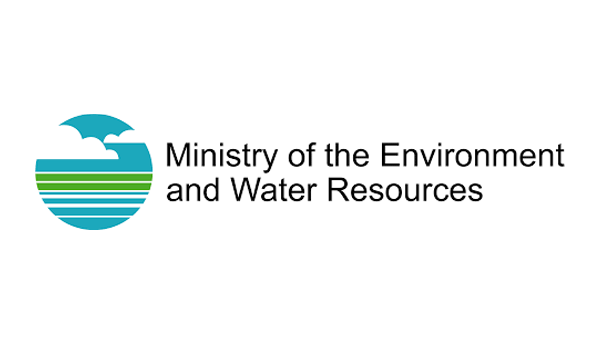
Ministry of the Environment and Water Resources
- Consultation Period:
- 19 Feb 2014 - 19 Mar 2014
- Status:
- Closed
Summary
Public Consultation on Transboundary Haze Pollution Bill
Detailed Description
Introduction
The Ministry of the Environment and Water Resources (MEWR) is seeking the views of the public on a draft Transboundary Haze Pollution Bill which introduces new legislative measures against errant companies that cause or contribute to transboundary haze pollution in Singapore. The consultation period will last for 4 weeks from 19 February 2014 to 19 March 2014.
Background
2 Singapore has been affected by recurrent haze resulting from land/forest fires in Indonesia since 1991. In 1994, 1997, 2006, 2010, and 2013, the haze was particularly severe. In 2013, Singapore experienced unprecedented high levels of transboundary haze pollution. The 24-hour PSI reached a “Very Unhealthy” level of 246 on 20 Jun 13, far exceeding previous records in 1997 (138) and 2006 (128). In June 2013, air quality deteriorated into the “Very Unhealthy” range for 3 days and “Unhealthy” range for 5 days.
3 Transboundary haze pollution from land and forest fires has an adverse impact on the health of our people and has resulted in significant disruptions to businesses and livelihoods in Singapore.
Proposed Features of the Bill
4 The legislation will provide for criminal and civil liability for causing or contributing to transboundary haze pollution in Singapore. Some of the key features of the Bill are:
(A) Extra-territoriality : The Bill covers the operations of all Singapore and non-Singapore entities whose activities outside of Singapore contribute to haze pollution in Singapore.(B) Criminal liability : The Bill makes it a criminal offence when an entity engages in conduct, or authorises or condones any conduct which causes or contributes to any transboundary haze pollution in Singapore. A heavy criminal penalty of up to $300,000 may be imposed. The fine may increase up to $450,000 if the entity has deliberately ignored requests by the authorities to take appropriate action to prevent, reduce or control transboundary haze pollution.(C) Civil liability : Affected parties may bring civil suits against errant entities that are involved in causing or contributing to the transboundary haze problem in Singapore. The civil damages recoverable under the Bill will be determined by the courts of Singapore based on evidence of personal injury, physical damage or economic loss.
Public Consultation
5 Interested parties may access the draft Bill and provide feedback. Feedback can also be submitted to MEWR_THPBill@mewr.gov.sg. The consultation exercise will end on 19 March 2014.
6 To ensure that the consultation exercise is productive and focused, respondents are requested to observe these guidelines when providing their feedback:
- Please identify yourself as well as the organisation you represent (if any) so that we may follow up with you to clarify any issues, if necessary.
- Please be clear and concise in your comments.
- Please focus your comments on the draft Bill and how it can be improved.
- As far as possible, please explain your points with illustrations, examples, data or alternative suggestions.
7 This draft Bill on transboundary haze pollution is released only for the purpose of consultation and does not represent the final Bill.
8 All comments received during the consultation exercise will be reviewed thoroughly and, if accepted, will be incorporated into the Bill for introduction in Parliament.
Summary of Responses
9 We regret that we will not be able to separately address or acknowledge every single comment we receive. Instead, we will consolidate and publish a summary of the key comments received, together with our responses, on the REACH website after the consultation exercise closes. The summary will maintain confidentiality of the feedback received. The identity of respondents will not be disclosed in the summary.
MINISTRY OF THE ENVIRONMENT AND WATER RESOURCES
19 FEBRUARY 2014

